Home>Garden Essentials>What Soil Mix To Use For Planting Evergreens In Colorado
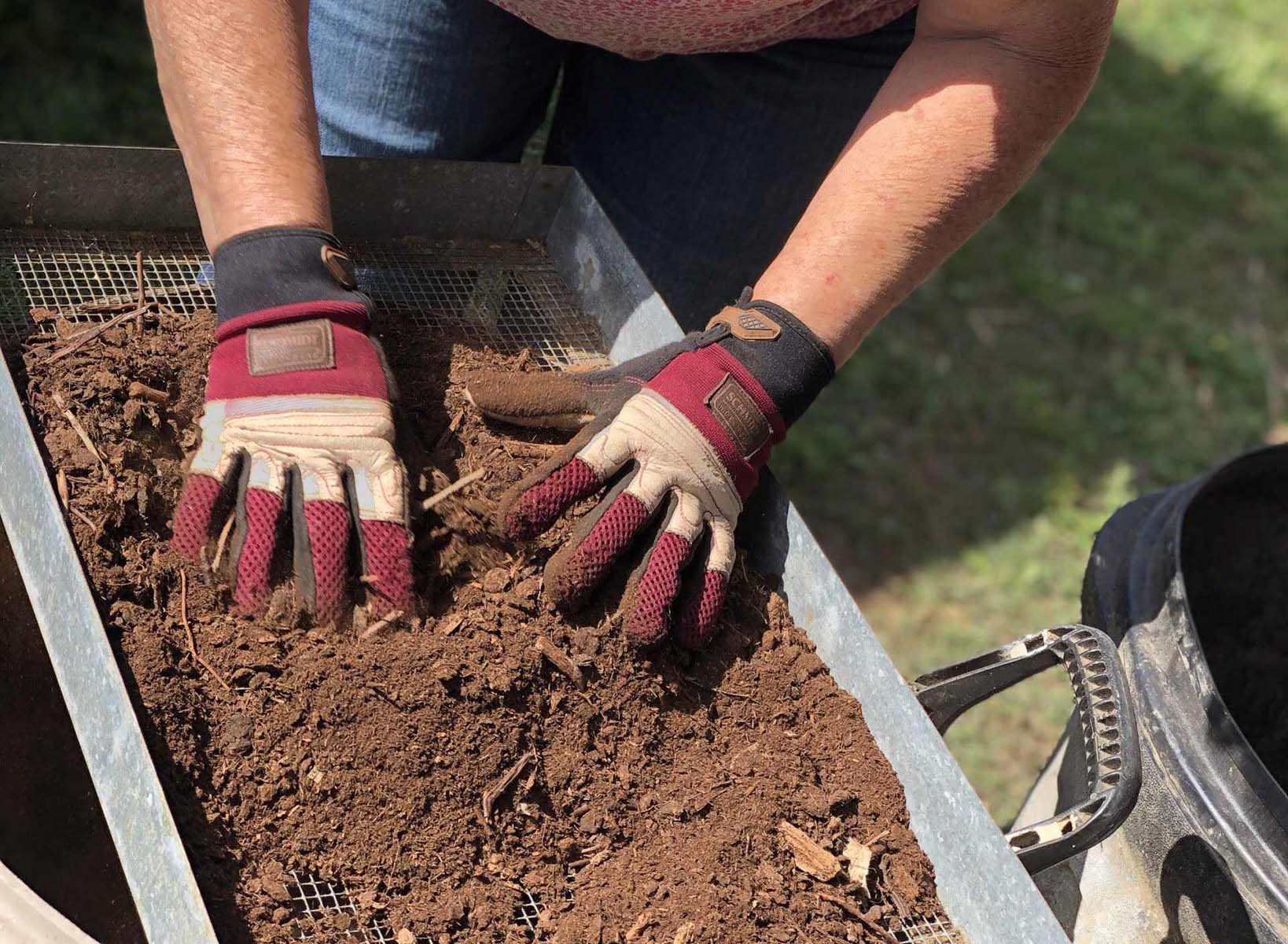

Garden Essentials
What Soil Mix To Use For Planting Evergreens In Colorado
Modified: March 16, 2024
Discover the best soil mix for planting evergreens in Colorado. Enhance your garden with the ideal soil composition for successful growth and vibrant foliage.
(Many of the links in this article redirect to a specific reviewed product. Your purchase of these products through affiliate links helps to generate commission for Storables.com, at no extra cost. Learn more)
Introduction
Welcome to the world of gardening in Colorado! If you’re planting evergreens in this state, it’s important to understand the unique challenges posed by its soil conditions. Colorado is known for its diverse landscapes, ranging from the majestic Rocky Mountains to the high plains and desert regions. These variations in elevation and weather patterns greatly influence the type of soil you’ll find across the state.
Choosing the right soil mix for planting evergreens is crucial for their health and longevity. Evergreens, such as pine, spruce, and fir trees, have specific requirements when it comes to soil composition, texture, and drainage. Providing them with the proper growing medium will help them establish strong root systems and thrive in the challenging Colorado environment.
In this article, we’ll explore the factors to consider when choosing a soil mix for planting evergreens in Colorado. We’ll also discuss the characteristics of an ideal soil mix, recommended options, and steps to prepare and use it effectively. Additionally, we’ll provide some helpful tips for caring for evergreens in Colorado soils to ensure their continued health and vitality.
So let’s dive in and discover the secrets to successful evergreen planting in Colorado!
Key Takeaways:
- Choose a soil mix for evergreens in Colorado based on factors like drainage, pH level, and nutrient availability to create an optimal growing environment.
- Prepare and use the soil mix effectively by assessing your soil, gathering materials, and following proper planting and care steps for healthy evergreens.
Read more: What Type Of Soil Mix To Use For Raised Beds
Factors to Consider When Choosing Soil Mix for Evergreens in Colorado
When it comes to selecting the right soil mix for evergreens in Colorado, there are several important factors to consider. These factors will greatly impact the growth, health, and overall success of your evergreen plantings. Let’s take a closer look at each one:
- Soil Composition: The composition of the soil refers to its combination of sand, silt, and clay particles. In Colorado, soil composition can vary significantly depending on the region. Some areas have sandy soil, while others have heavy clay or loamy soil. Understanding the composition of the existing soil is crucial for determining the appropriate soil mix for your evergreens.
- Drainage: Evergreens prefer well-draining soil to prevent waterlogged roots. Colorado’s unpredictable weather patterns, including heavy rain and snow followed by dry periods, can make it challenging to maintain proper soil moisture levels. Ensuring good drainage is essential to prevent water accumulation and potential root rot.
- pH Level: The pH level of the soil refers to its acidity or alkalinity. Evergreens generally prefer slightly acidic to neutral soil with a pH range of 5.5 to 7.0. Colorado soils tend to be alkaline, so knowing the pH of your soil and making any necessary adjustments will help create an optimal growing environment for your evergreens.
- Nutrient Availability: Evergreens require essential nutrients like nitrogen, phosphorus, and potassium for healthy growth. Colorado soils may lack certain nutrients, making it important to supplement the soil mix with organic matter or fertilizers to provide adequate nutrition for your evergreens.
- Water Retention: While proper drainage is crucial, it’s also important to consider the water retention capabilities of the soil mix. Colorado’s arid climate may require soil mixes that can retain moisture for longer periods between watering, especially during dry spells.
By carefully considering these factors, you can choose a soil mix that addresses the specific needs of evergreens in Colorado and creates an optimal growing environment for them. In the next sections, we’ll delve into the characteristics of an ideal soil mix and explore some recommended options for planting evergreens in Colorado.
Understanding the Soil Type in Colorado
Colorado’s diverse geography gives rise to a wide range of soil types across the state. Understanding the soil type in your specific area is essential for choosing the right soil mix for planting evergreens. Let’s explore the different soil types commonly found in Colorado:
- Sandy Soil: Sandy soil is composed of larger particles that allow for good drainage but have a low water-holding capacity. This type of soil tends to be well-drained but may require amendments to improve its nutrient and water retention capabilities.
- Clay Soil: Clay soil is made up of tiny particles that pack closely together, resulting in poor drainage. This type of soil tends to retain water, which can lead to waterlogged conditions for evergreen roots. Amending clay soil with organic matter can help improve its drainage and aeration.
- Loam Soil: Loam soil is a balanced soil type that contains a mixture of sand, silt, and clay particles. It provides good drainage and water retention, making it ideal for growing evergreens. Loam soil is often considered the “gold standard” for gardening.
- Silt Soil: Silt soil has smaller particles than sandy soil but larger particles than clay soil. It has good water retention but can become compacted easily, affecting drainage. Amending silt soil with organic matter can help improve its structure and drainage.
In addition, Colorado soils are often alkaline in nature, which means they have a high pH. This alkalinity can impact the availability of nutrients to plants. It’s important to test your soil’s pH level and make any necessary adjustments to create a more suitable growing environment for evergreens.
By understanding the soil type in your specific area, you can make informed decisions when selecting a soil mix and making necessary amendments to improve the soil’s overall quality. In the next section, we’ll explore the characteristics of an ideal soil mix for planting evergreens in Colorado.
Characteristics of an Ideal Soil Mix for Evergreens
An ideal soil mix for evergreens in Colorado should possess certain characteristics to meet the specific needs of these trees. Let’s explore the key attributes of an ideal soil mix:
- Well-Draining: Evergreens prefer soil that drains well to prevent waterlogged roots. Good drainage is crucial to avoid conditions that can lead to root rot and other moisture-related issues. A well-draining soil mix allows excess water to flow through while retaining enough moisture for the roots.
- Adequate Nutrient Content: Evergreens require essential nutrients like nitrogen, phosphorus, and potassium for healthy growth and development. An ideal soil mix should contain an adequate amount of these nutrients, either naturally or supplemented through organic matter or fertilizers. Testing the soil and amending it as necessary can help provide the necessary nutrients for your evergreens.
- Proper pH Level: Evergreens typically prefer slightly acidic to neutral soil with a pH range of 5.5 to 7.0. Colorado soils tend to be alkaline, so adjusting the pH level of the soil mix to be more acidic can create a more favorable growing environment for evergreens.
- Good Water Retention: While well-draining soil is important, an ideal soil mix should also have good water retention capabilities. Colorado’s arid climate and fluctuating weather patterns may require soil mixes that can retain moisture for longer periods between watering to prevent drying out of evergreen roots.
- Air Circulation: Proper aeration within the soil is crucial for healthy root development. The soil mix should provide adequate air circulation to prevent roots from becoming suffocated. Organic matter, such as compost, can help improve soil structure and promote better airflow.
- Free of Compaction: Compacted soil can restrict root growth and limit the absorption of water and essential nutrients. An ideal soil mix should be loose and friable to allow for easy root penetration and prevent compaction.
By ensuring that the soil mix possesses these characteristics, you can provide the optimal growing conditions for evergreens in Colorado. In the next section, we’ll explore some recommended soil mixes that meet these criteria and are suitable for planting evergreens.
When planting evergreens in Colorado, use a well-draining soil mix with a slightly acidic pH. A mix of peat moss, perlite, and pine bark works well to provide good drainage and aeration for the roots.
Recommended Soil Mix for Planting Evergreens in Colorado
When it comes to choosing the right soil mix for planting evergreens in Colorado, there are several options that can provide the necessary characteristics for successful growth. Here are some recommended soil mixes:
- Loam-based soil mix: Loam soil provides an ideal balance of particle sizes and drainage capabilities. A soil mix consisting of equal parts of loam, sand, and compost can create a well-balanced growing medium for evergreens. The loam provides good drainage, while the sand improves aeration, and the compost enriches the soil with organic matter and essential nutrients.
- Peat-based soil mix: Peat moss is known for its water retention properties, making it a great addition to soil mixes in arid climates like Colorado. A mix containing equal parts of peat moss, compost, and perlite or vermiculite can create a lightweight soil mix that retains moisture while promoting good drainage.
- Native soil amendment: Amending the native soil with organic matter is another option to consider. This involves improving the existing soil by incorporating compost, well-rotted manure, or other organic materials. Adding organic matter helps improve the structure, drainage, and nutrient content of the soil.
- Container mix: If you’re planting evergreens in containers, using a specific container mix can be beneficial. These mixes are designed to provide excellent drainage and aeration. They typically contain a combination of sphagnum peat moss, perlite, and vermiculite.
It’s worth noting that the exact proportions of these soil mixes may vary depending on your specific soil composition and the needs of the evergreen species you’re planting. Conducting a soil test or consulting with local garden experts can provide valuable insights into the right soil mix proportions for your situation.
Remember to thoroughly mix the components of the soil blend to ensure a uniform distribution of nutrients and promote consistent root growth. Additionally, consider incorporating slow-release fertilizers specific to evergreens to provide ongoing nutrition throughout the growing season.
Next, we’ll discuss the steps to prepare and use the soil mix effectively for planting evergreens in Colorado.
Read more: What Kind Of Sand To Use For Soil Mix
Steps to Prepare and Use the Soil Mix
Preparing and using the soil mix properly is essential for ensuring the success of planting evergreens in Colorado. Follow these steps to prepare and use the soil mix effectively:
- Assess your soil: Start by understanding the existing soil conditions in your garden or planting area. Conduct a soil test to determine the pH level and nutrient content of the soil. This will help you make necessary adjustments to create the ideal soil mix for your evergreens.
- Gather the materials: Depending on the recommended soil mix you’ve chosen, gather the necessary materials such as loam, sand, compost, peat moss, perlite, vermiculite, or other amendments. Ensure that the materials are of high quality and free from contaminants.
- Calculate proportions: Determine the appropriate proportions of each component based on the recommended soil mix or soil test results. The proportions may vary, so follow the guidelines specific to your evergreen species and the soil type in your area.
- Mix the soil components: In a large container or wheelbarrow, thoroughly mix the components of the soil blend. Use a shovel or a garden fork to blend the materials evenly. Break up any clumps and ensure that they are well incorporated.
- Prepare the planting hole: Dig a hole in the planting area that is slightly wider and shallower than the root ball of the evergreen. This will allow the roots to spread easily and establish in the newly prepared soil mix.
- Backfill the hole: Place the evergreen in the hole, making sure it is positioned straight and at the appropriate depth. Backfill the hole with the soil mix. Gently tamp down the soil around the root ball to eliminate any air pockets.
- Water thoroughly: After planting, water the evergreen thoroughly to settle the soil and encourage root establishment. Ensure that the water penetrates the soil mix and reaches the roots. Monitor the moisture levels regularly and water as needed to keep the soil moist but not overly saturated.
- Mulch the planting area: Apply a layer of organic mulch around the base of the evergreen, leaving a small gap around the trunk to prevent moisture accumulation. Mulching helps conserve soil moisture, regulate temperature, and reduce weed growth.
- Monitor and maintain: Regularly monitor the soil moisture levels, especially during dry spells. Adjust watering as necessary to keep the soil evenly moist. Additionally, fertilize as recommended for evergreens, considering the nutrient needs and the specific fertilizer formulation.
By following these steps, you can properly prepare and use the soil mix to establish and maintain healthy evergreen plantings in Colorado. Now, let’s move on to some additional tips for caring for evergreens in Colorado soils.
Tips for Caring for Evergreens in Colorado Soils
Proper care is crucial for the health and vitality of evergreens planted in Colorado soils. Here are some valuable tips to help you care for your evergreens:
- Watering: Evergreens in Colorado often require consistent and regular watering, especially during dry periods. Deep watering is important to encourage deep root growth. Water the evergreens deeply, allowing the water to penetrate the soil and reach the root zone. Avoid overwatering, as it can lead to root rot.
- Mulching: Apply a layer of organic mulch around the base of the evergreens to help conserve moisture, regulate soil temperature, and suppress weed growth. Be sure to maintain a gap around the trunk to prevent moisture accumulation, which can lead to rotting.
- Pruning: Pruning evergreens is generally not necessary, but if there are any dead, damaged, or diseased branches, they should be promptly removed. Additionally, light pruning to maintain a desirable shape can be done in early spring.
- Fertilizing: Evergreens generally have moderate fertility requirements. Consider fertilizing them in early spring with a slow-release, balanced fertilizer formulated for evergreens. Follow the instructions on the fertilizer package and avoid over-fertilizing, as it can lead to excessive foliage growth at the expense of root development.
- Pest and Disease Control: Monitor your evergreens for any signs of pests or diseases, such as aphids, spider mites, or fungal infections. If detected, take appropriate measures to control the problem, including using organic pest control methods or consulting with a professional for guidance.
- Protecting from Extreme Weather: Colorado’s weather can be unpredictable, with hot summers and harsh winters. Protect young evergreens from extreme temperatures by providing shade during hot summer afternoons and using burlap or other protective materials to shield them from winter winds and heavy snowfall.
- Regular Inspections: Regularly inspect your evergreens for any signs of stress, discoloration, or abnormal growth. Early detection of issues allows for timely intervention and can prevent further damage or decline in the health of your plants.
Remember that every evergreen species may have specific care requirements, so it’s important to familiarize yourself with the specific needs of the evergreens you are planting or consult with a local garden expert for tailored advice.
By following these care tips and providing regular attention to your evergreens, you can ensure their long-term health and create a beautiful and vibrant landscape in Colorado.
Now that you have a comprehensive understanding of the factors to consider when choosing a soil mix, the characteristics of an ideal soil mix, recommended options, and care tips for evergreens in Colorado soils, you are well-equipped to embark on your planting journey. Enjoy the beauty and benefits that evergreens bring to your garden!
Conclusion
Planting evergreens in Colorado can be a rewarding experience, but it’s important to choose the right soil mix and provide proper care to ensure their success. Understanding the unique soil conditions in Colorado and considering factors such as soil composition, drainage, pH level, nutrient availability, water retention, and air circulation are crucial for creating an optimal growing environment for evergreens.
An ideal soil mix for evergreens in Colorado should possess characteristics such as good drainage, adequate nutrient content, proper pH level, water retention, air circulation, and a loose, uncompacted structure. Recommended soil mixes include loam-based mixes, peat-based mixes, native soil amendments, and container mixes.
Preparing and using the soil mix effectively involves assessing your soil, gathering the necessary materials, calculating the proportions, thoroughly mixing the components, preparing the planting hole, backfilling with the soil mix, watering thoroughly, and applying mulch. Monitoring soil moisture levels, pruning when necessary, fertilizing appropriately, and protecting from extreme weather are also essential for the care of evergreens in Colorado soils.
By following these guidelines and being attentive to the needs of your evergreens, you can create a thriving and beautiful landscape in Colorado. Regular inspections, proper watering, mulching, pruning, and care for pests and diseases will help ensure the long-term health and vitality of your evergreens.
Remember to adapt your care routine to the specific requirements of your evergreen species and seek advice from local experts when needed. Gardening is both an art and a science, and with the right approach and knowledge, you can successfully plant and care for evergreens in Colorado soils.
Now that you’re equipped with the knowledge and understanding necessary for successful evergreen planting, get ready to create a stunning landscape with the beauty and resilience of evergreens against the backdrop of Colorado’s stunning natural surroundings.
Frequently Asked Questions about What Soil Mix To Use For Planting Evergreens In Colorado
Was this page helpful?
At Storables.com, we guarantee accurate and reliable information. Our content, validated by Expert Board Contributors, is crafted following stringent Editorial Policies. We're committed to providing you with well-researched, expert-backed insights for all your informational needs.
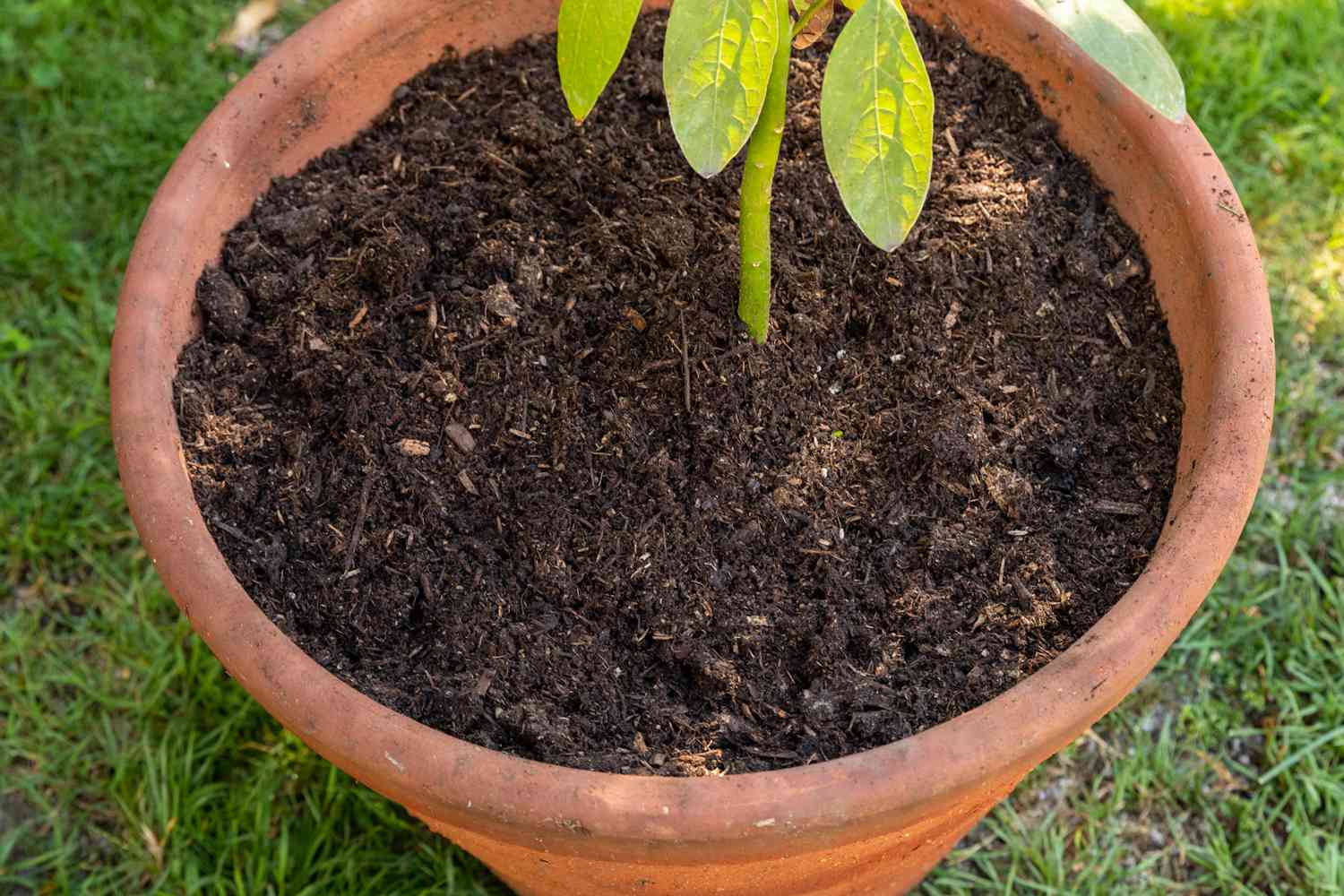
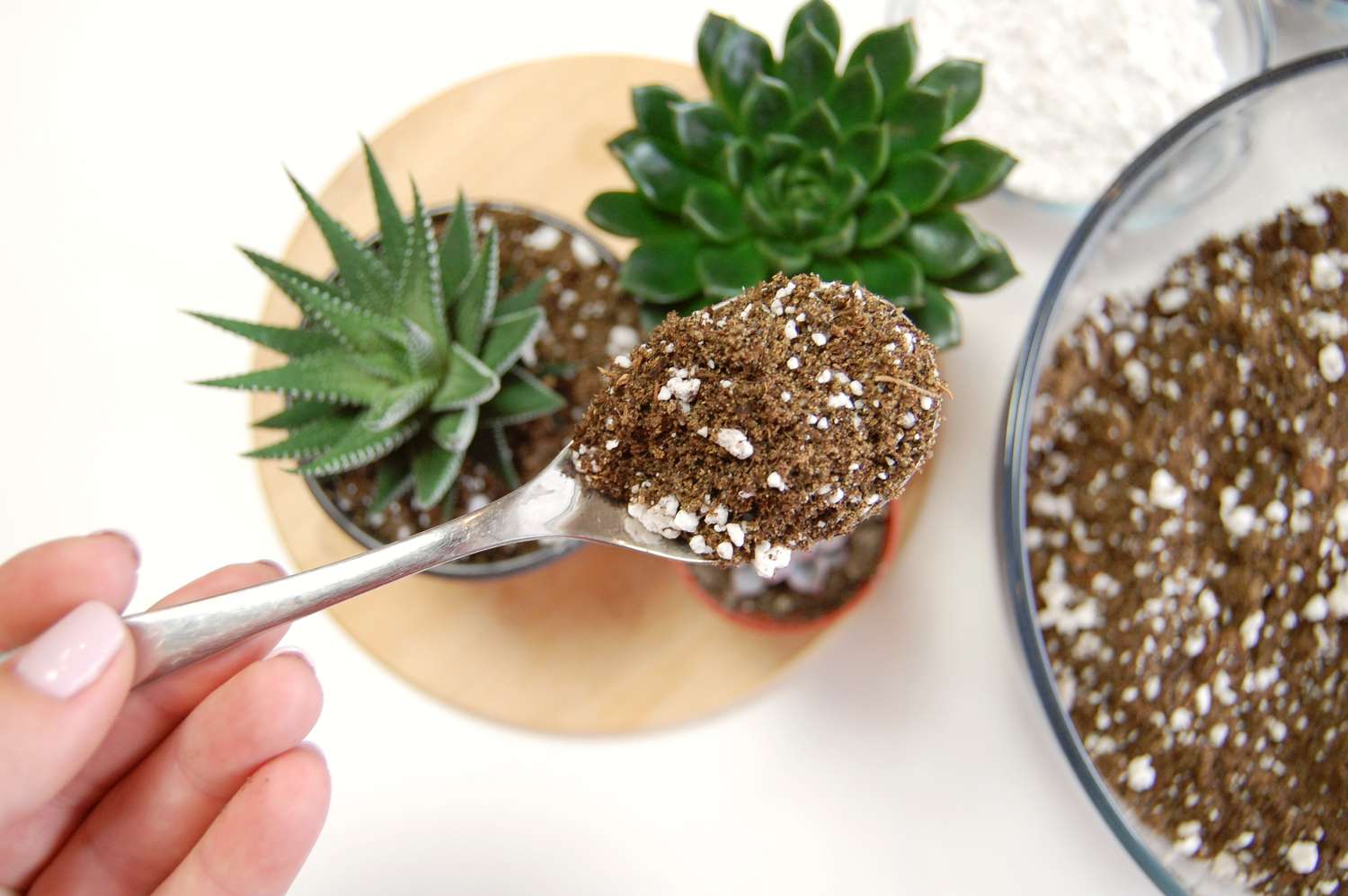
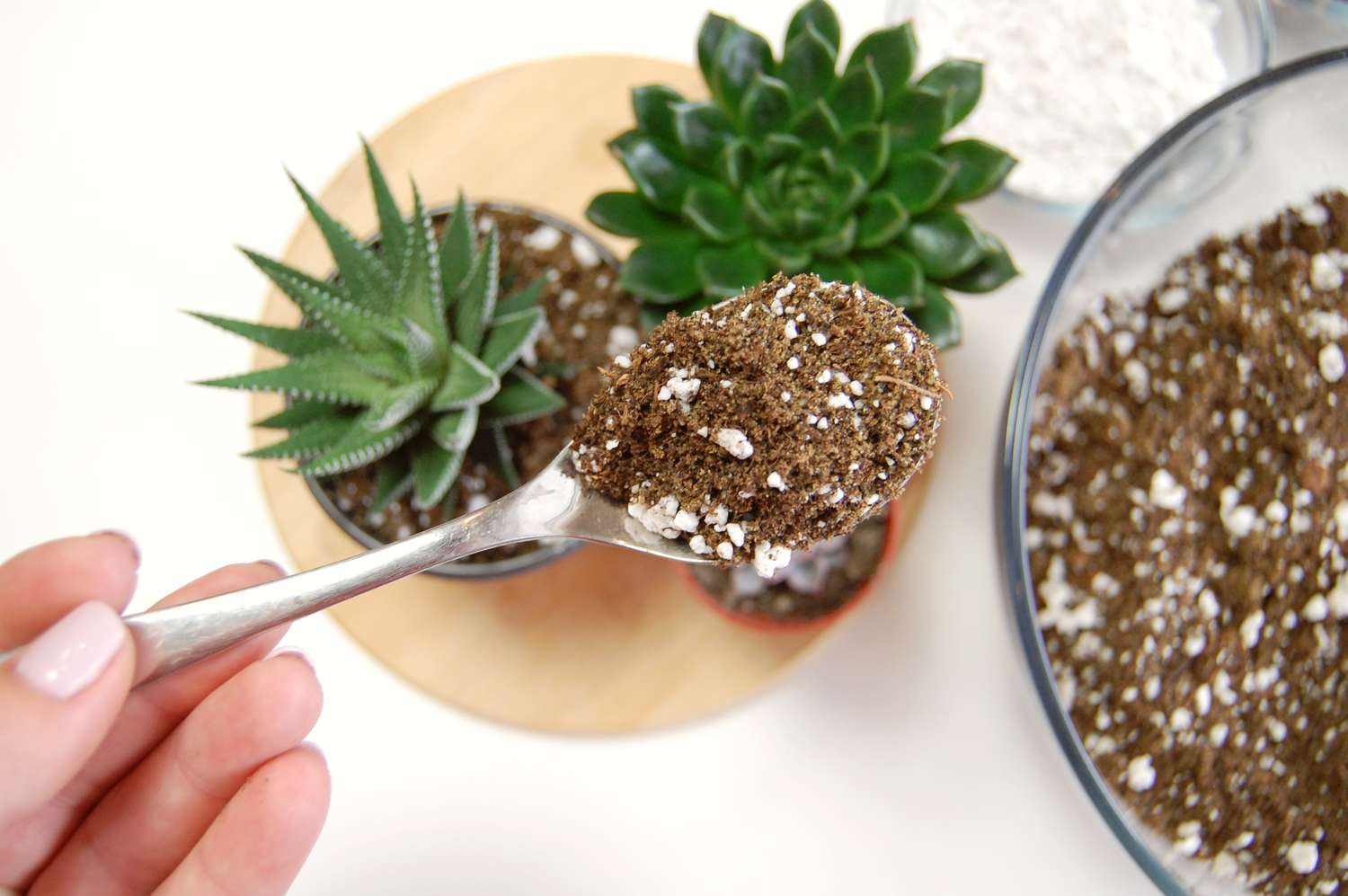
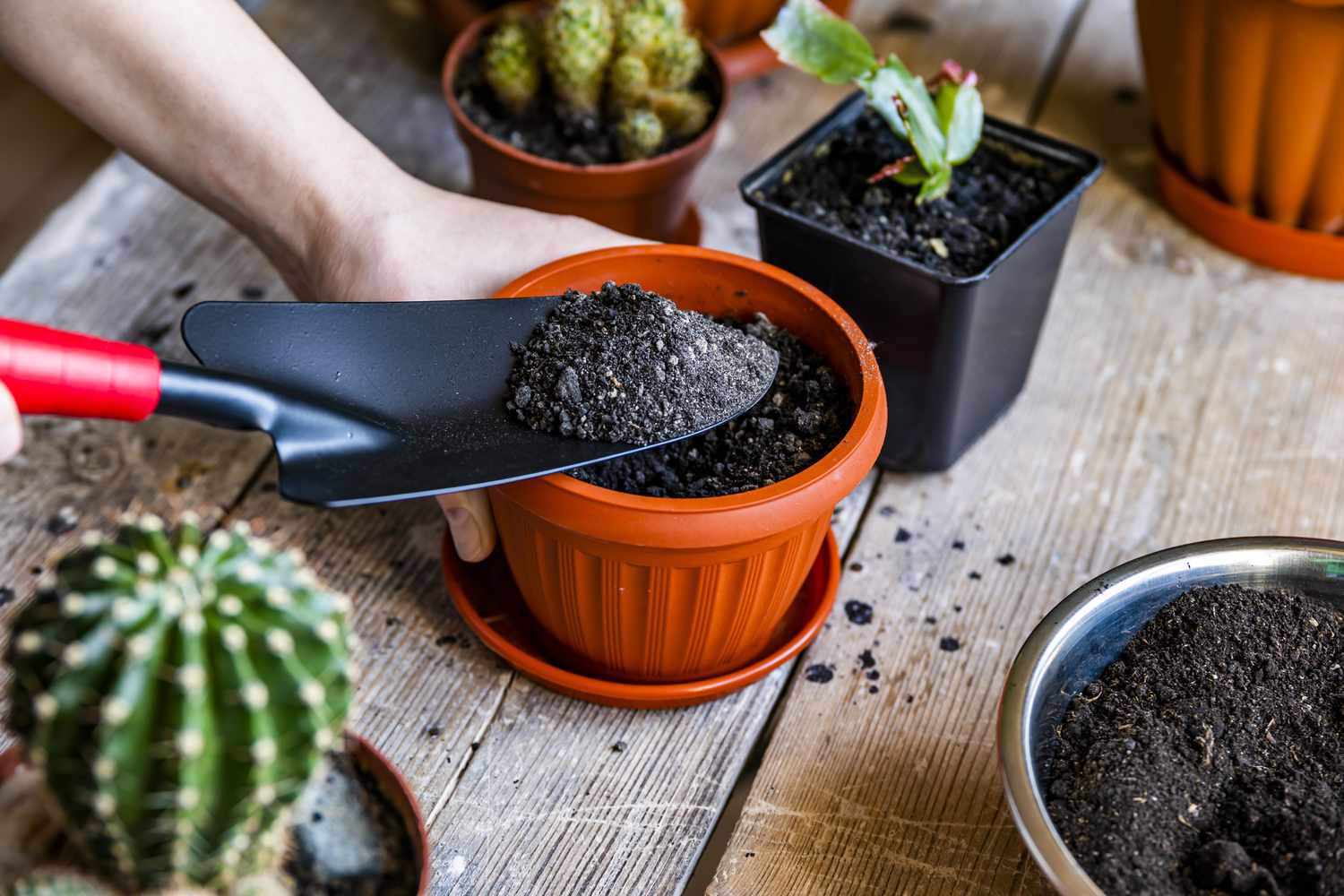
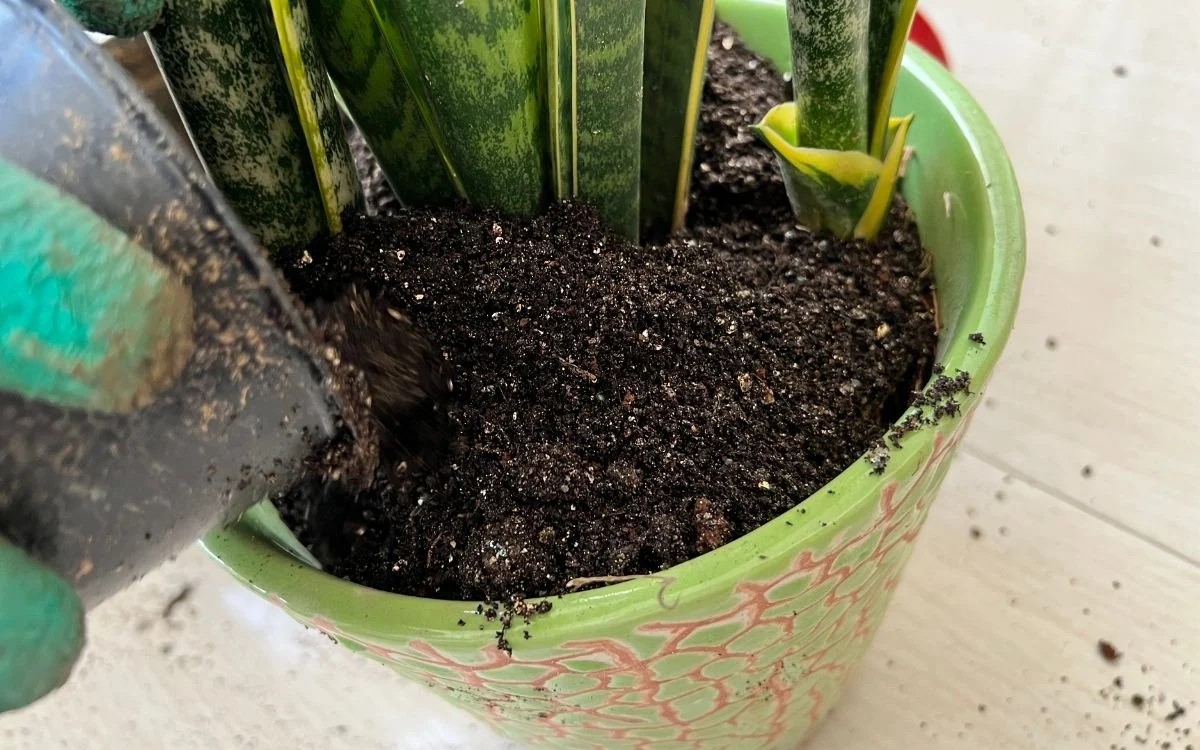
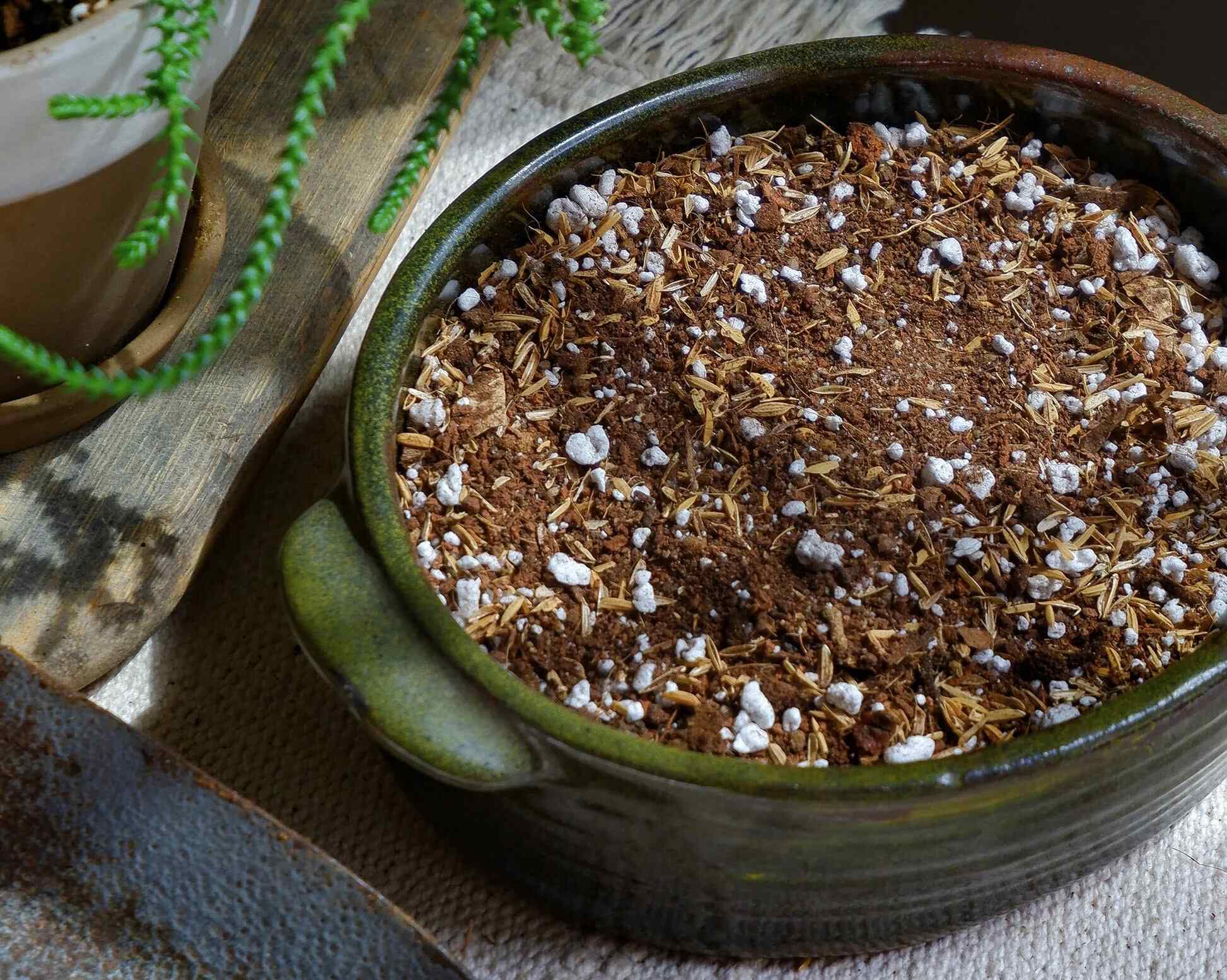
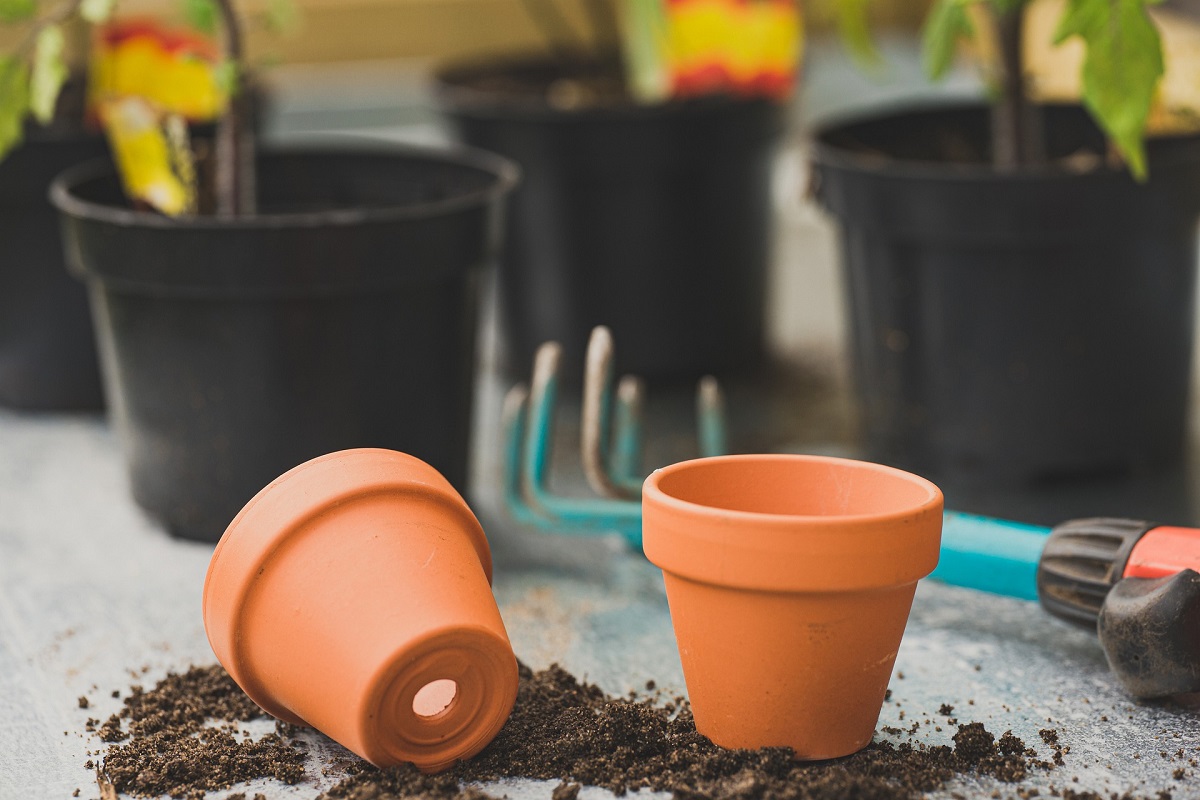
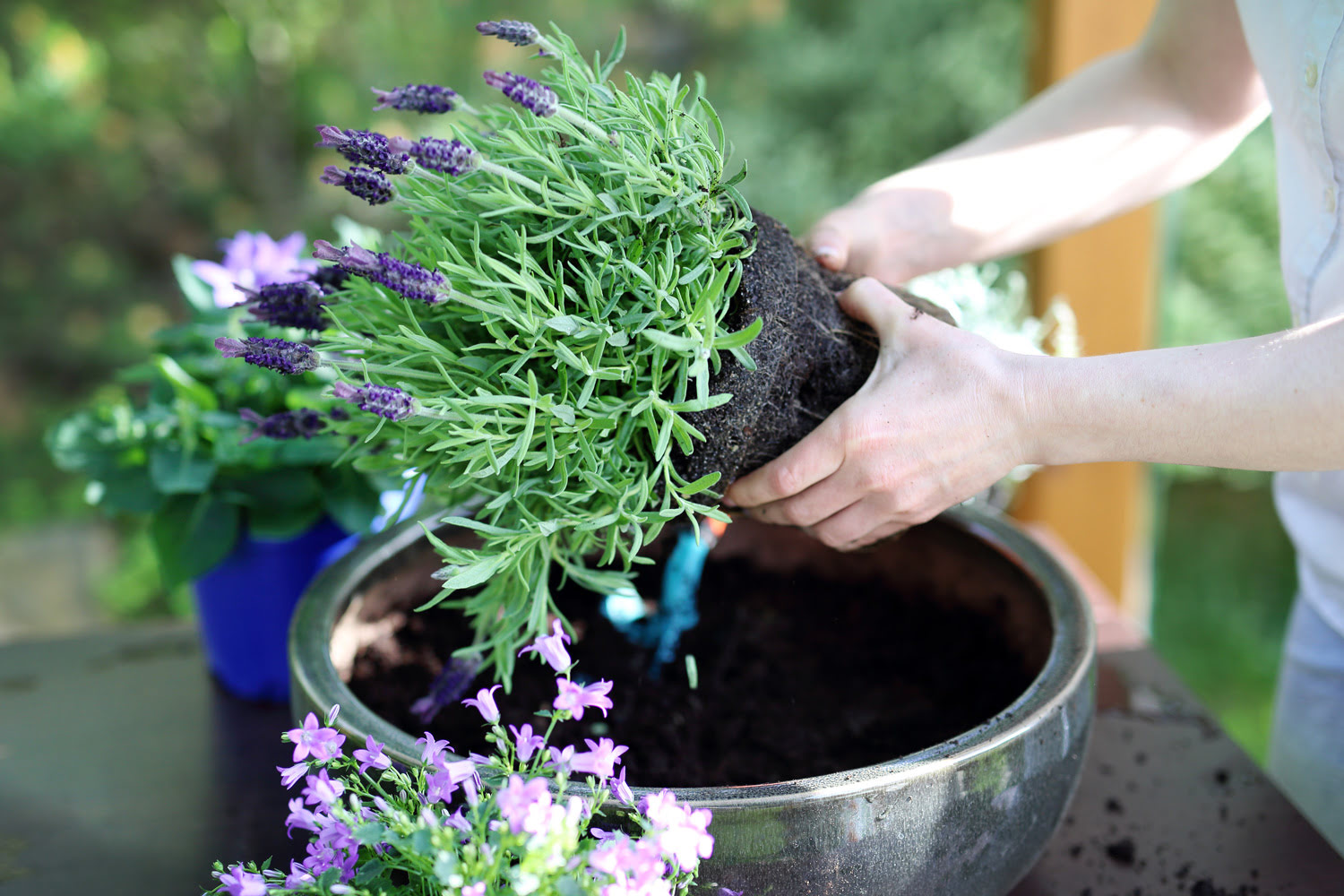
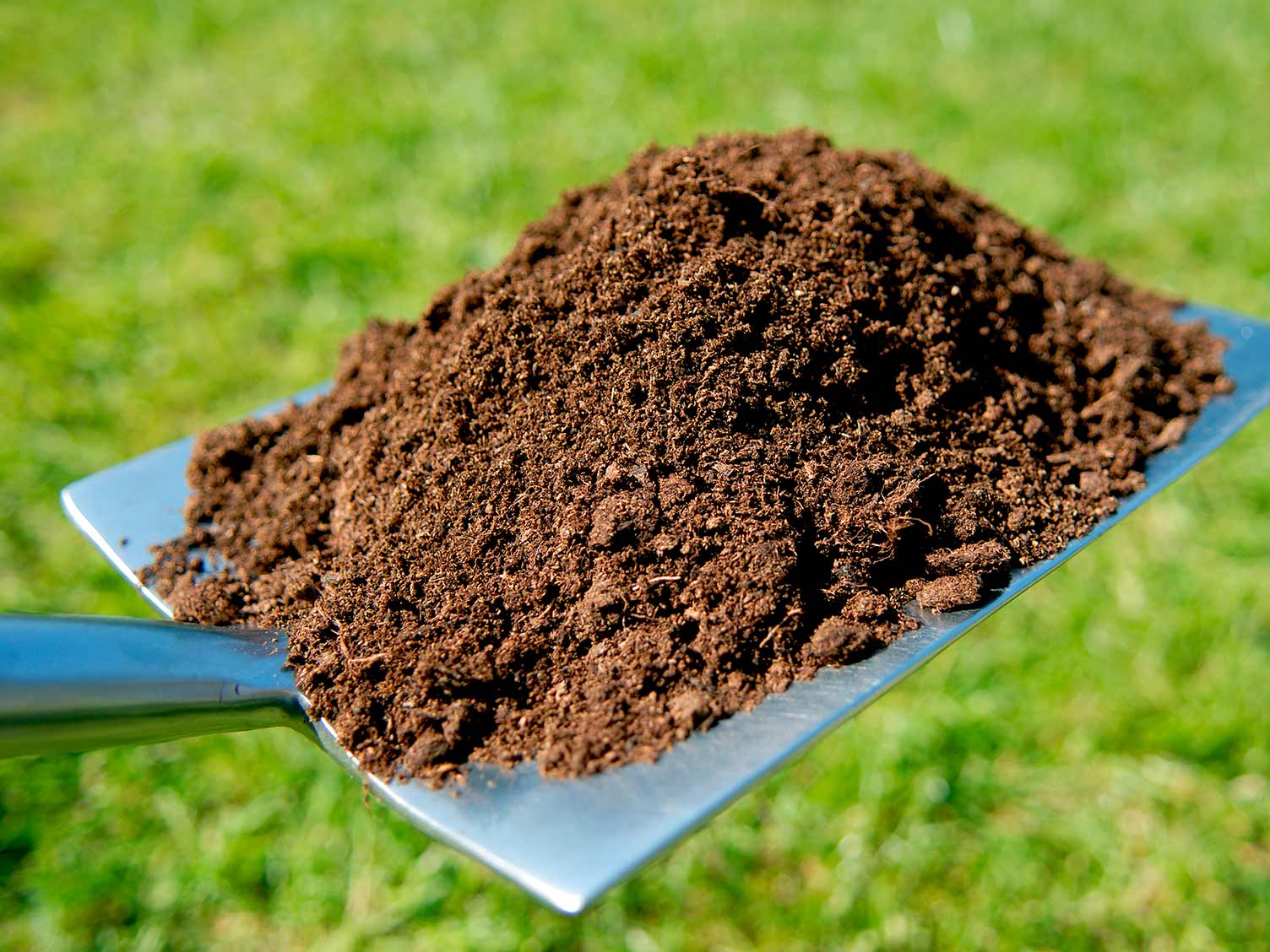
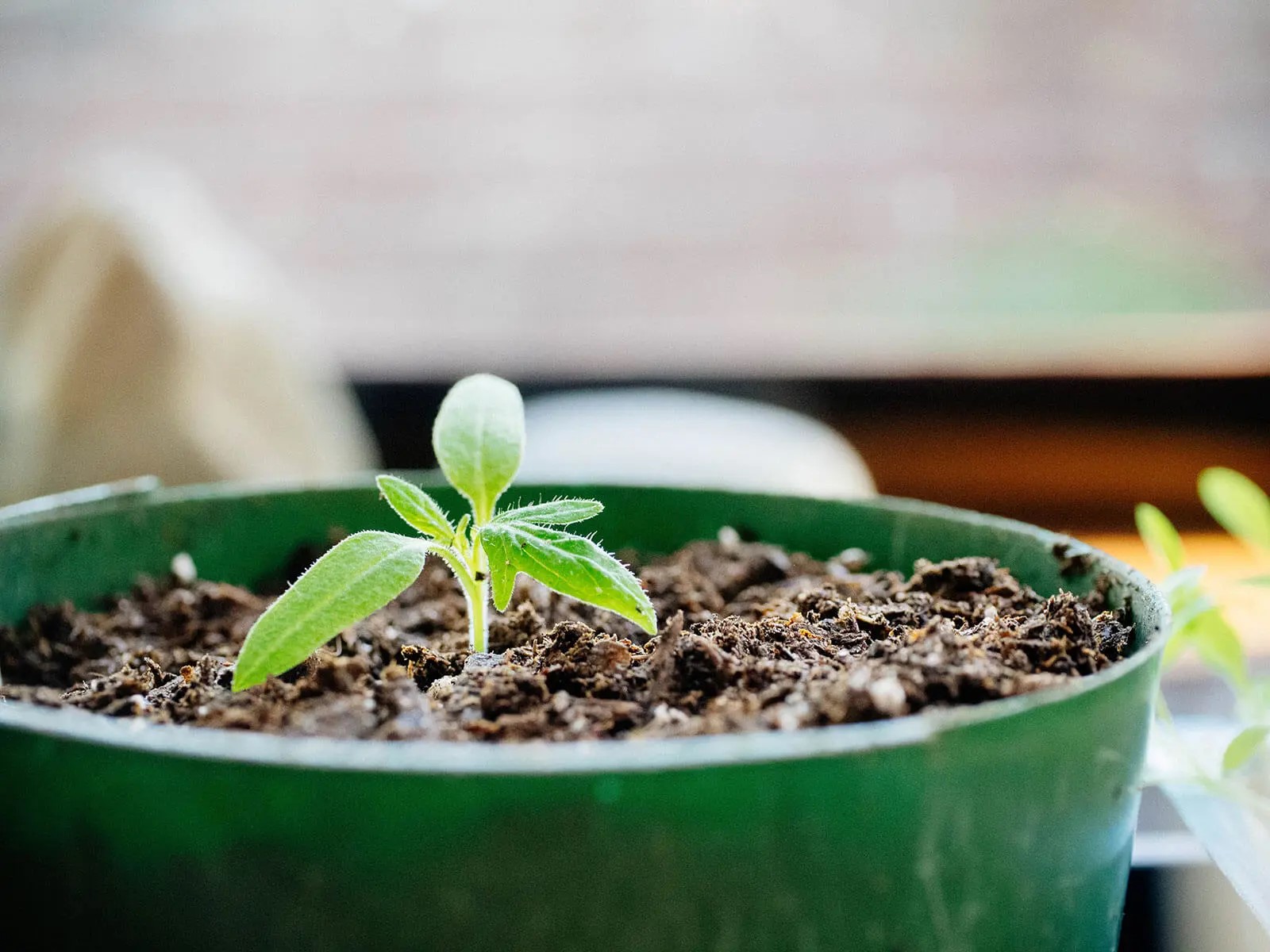
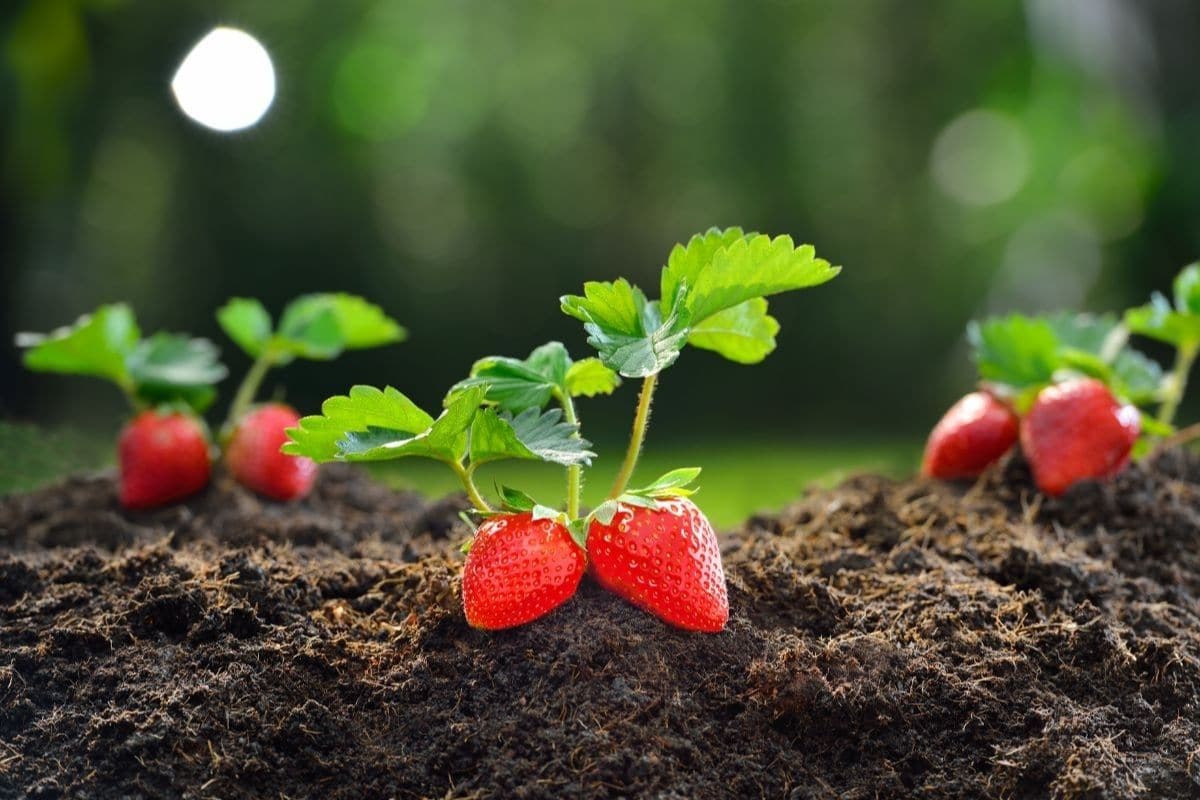
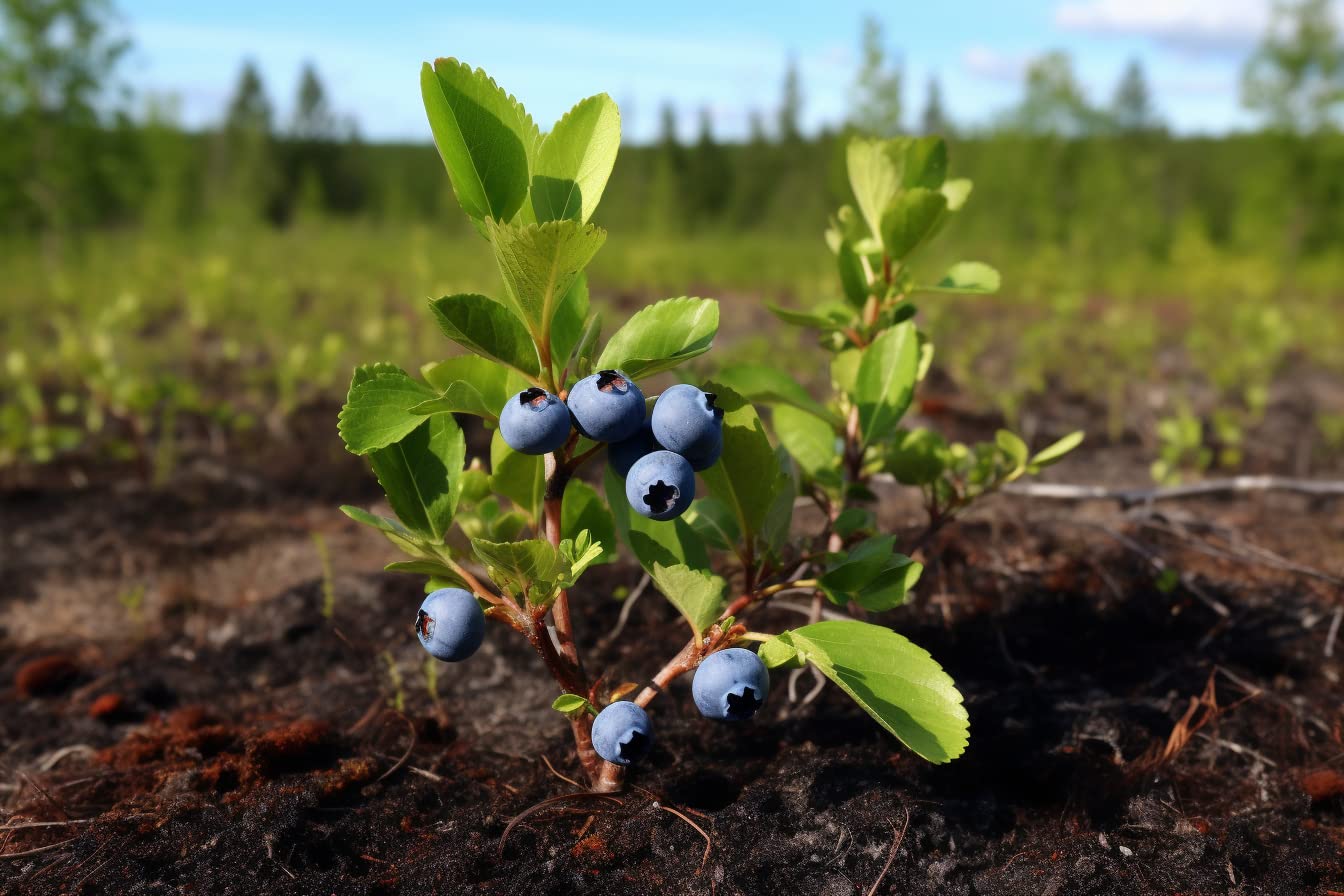
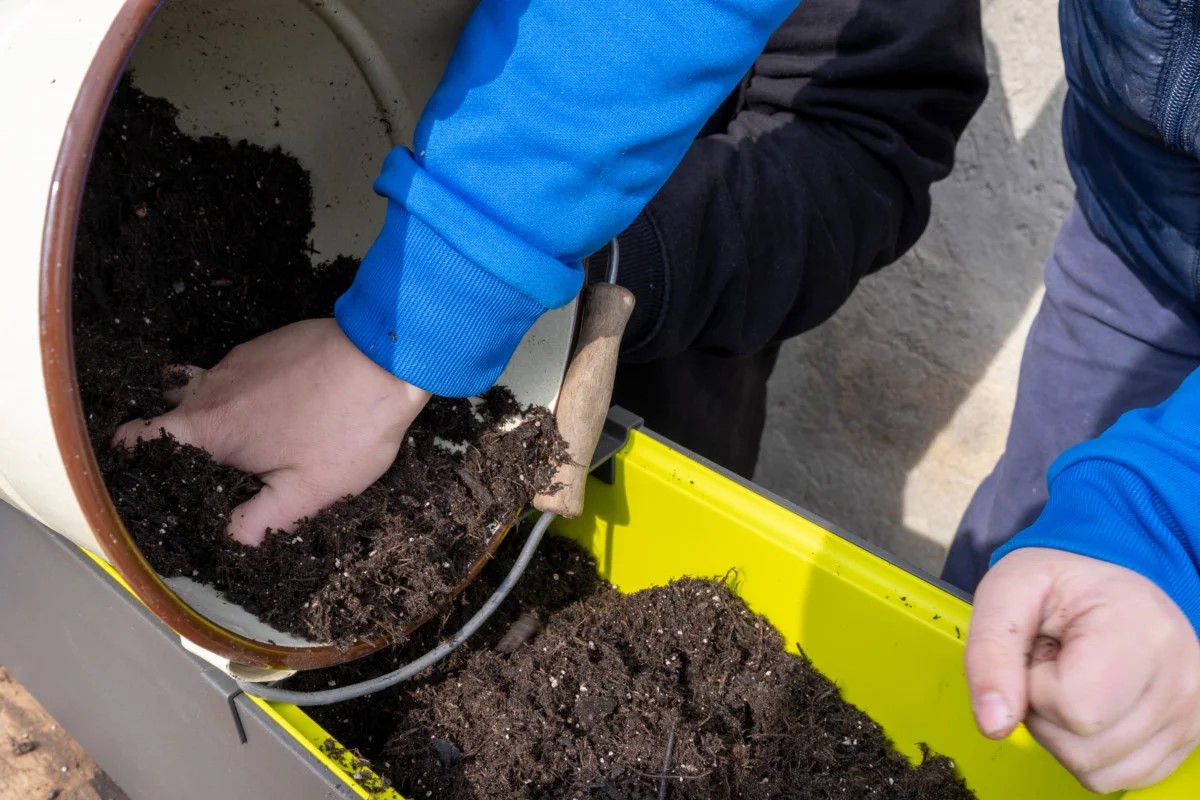
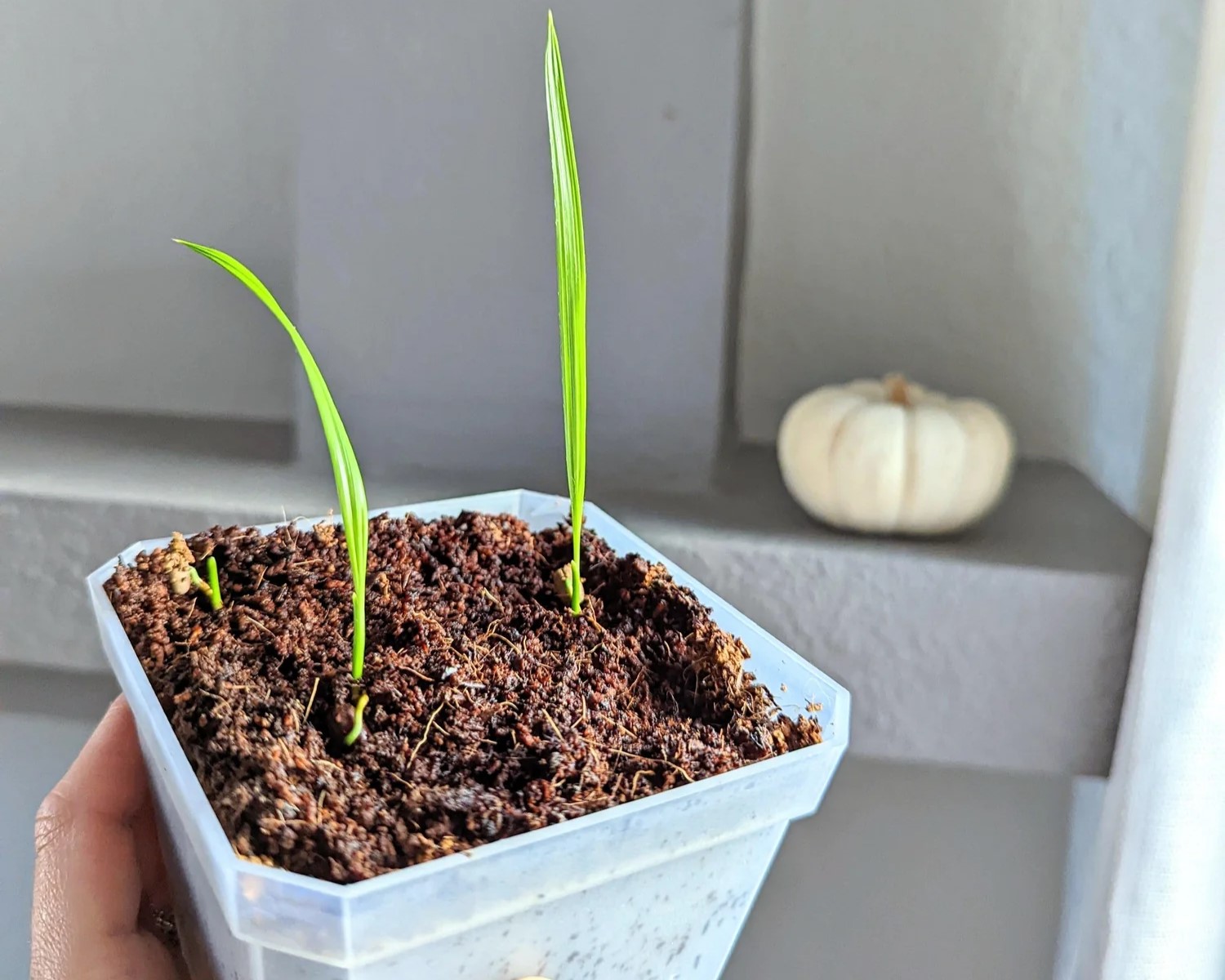

0 thoughts on “What Soil Mix To Use For Planting Evergreens In Colorado”